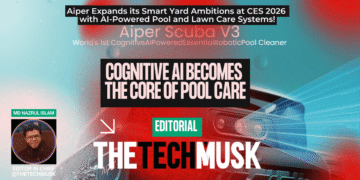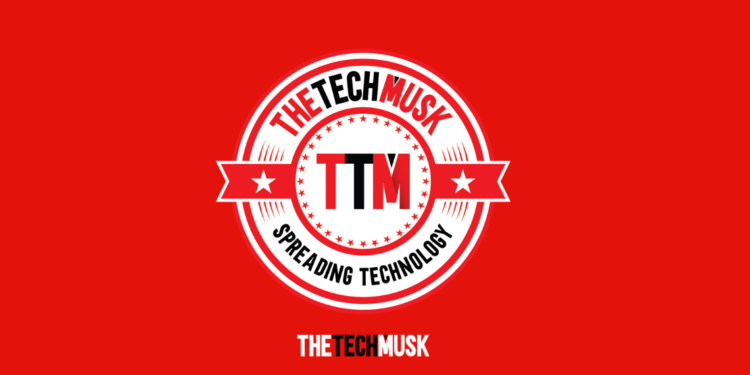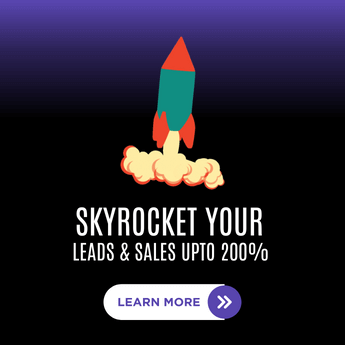As we delve into the future of business, AI technology stands at the forefront of significant changes. To shed light on this, we’ve gathered insights from six professionals, including an AI marketing specialist and an SEO consultant. From AI-driven weather intelligence to customer experience chatbots, explore the AI technologies they believe will have a profound impact.
- AI-Driven Weather Intelligence
- Automation and Unbiased Data
- Professional Email Crafting
- Natural Language Processing in Business
- Revolution in Lesson Planning
- Customer Experience Chatbots
AI-Driven Weather Intelligence
The world is getting hotter in the summer, colder in the winter, and wetter all year long, and 70% of the world does not have access to accurate weather forecasting. AI, combined with accurate data sets from space, can transform the way we look at the weather, how we prepare for it, and how we adapt.
Tools like AI-fueled weather intelligence from Tomorrow.io will have a significant impact on the future of business because AI is not just providing a weather forecast; AI is helping to connect the dots between the weather forecast and desired business outcomes. This is done by automating how businesses respond to weather and working to adapt to the increase in changes with improved forecasts and industry-specific insights.
An airline doesn’t care that winds will be over 40 MPH from 1 to 3 p.m. in Boston, MA. What they want to know is that from 1:25-1:55, there will be a window where they can de-ice planes despite those winds. They want tailored insights that AI will provide.
Ruth Favela, AI Marketing Specialist, Tomorrow.io
Automation and Unbiased Data
There are mainly two directions for monetizing AI:
- AI-driven automation combined with robotics to enhance efficiency, and
- unbiased data creation to train algorithms on unique datasets for new breakthrough products and services.
To prepare, businesses need to invest in AI talent, manage data quality, and prioritize ethical AI practices.
My advice is to consider hiring an AI strategist and a COO-type project manager to analyze existing processes, and gradually implement improvements. Focus on niche markets, identify pain points, and design data collection accordingly.
Understand that collaboration through blockchain tech and quantum computing is crucial for both a) and b).
This integrated strategy, combining automation, ethics, innovation, and collaboration, maximizes customer experience and value generation.
Heiko Schmidt, Owner, Ahead
Professional Email Crafting
As someone who needs to send dozens of emails each day in a corporate environment, it can be stressful and time-consuming to craft responses that sound professional and appropriate. This is true for both simple replies and more complex emails.
The inclusion of Windows Copilot in the Microsoft 365 suite is anticipated to change productivity next year. It’s uncertain how it will work in practice, and it may take quite a few iterations for Microsoft to get it right. The hope is that it will allow for the input of short ideas and let the AI craft a professional response, using a tone the AI has constructed from other emails.
There are high hopes for this kind of AI assistant to allow focus on work, not on emails.
Ionut-Alexandru Popa, Editor-in-Chief and CEO, BinaryFork
Natural Language Processing in Business
One AI technology that will have a significant impact on the future of business is Natural Language Processing (NLP). NLP enables machines to understand, interpret, and generate human language, making it a valuable tool for improving customer service, automating tasks, and gaining insights from unstructured data.
To prepare for the increasing role of NLP in business, organizations should invest in NLP-powered chatbots and virtual assistants to enhance customer interactions and streamline operations. They should also focus on data quality and ethics to ensure that NLP systems provide accurate and unbiased results.
Additionally, upskilling employees in NLP-related skills and staying updated on advancements in the field will be crucial for businesses to harness the full potential of this technology.
Jay Toy, General Manager, 88stacks
Revolution in Lesson Planning
In the education sector, AI has indeed been revolutionary. Many educators can attest to the often tedious process of shaping and refining lesson plans. Thankfully, AI has stepped in to lighten that load. Its capacity to analyze vast amounts of data and recognize patterns allows for more tailored lesson plans, and the automation it offers streamlines the entire design process.
At EuHu, the aim is to champion educators by leveraging the skills of a dedicated team to offer top-notch services. Recently, AI has taken a front seat in the quest to enhance what is offered, making the experience for users even more seamless.
Platforms like ChatGPT, and EuHu by Findel, harness the power of AI, aiding educators in the meticulous process of lesson planning. By weaving AI elements into educational materials and lesson outlines, the lesson planning process has been improved. The return on integrating AI is very much worthwhile.
Christopher Burgess, Project Lead, EuHu by Findel
Customer Experience Chatbots
One AI trend that small businesses should be aware of is the use of chatbots for customer service. Chatbots are computer programs designed to simulate conversation with human users, especially over the internet. They can handle customer inquiries 24/7, providing instant responses and solutions.
This not only improves customer service but also reduces the need for a large customer service team, saving businesses money. By being aware of this trend, small businesses can adapt their strategies to incorporate chatbots and enhance their customer service experience.
Lukasz Zelezny, SEO Consultant, SEO Consultant London



























